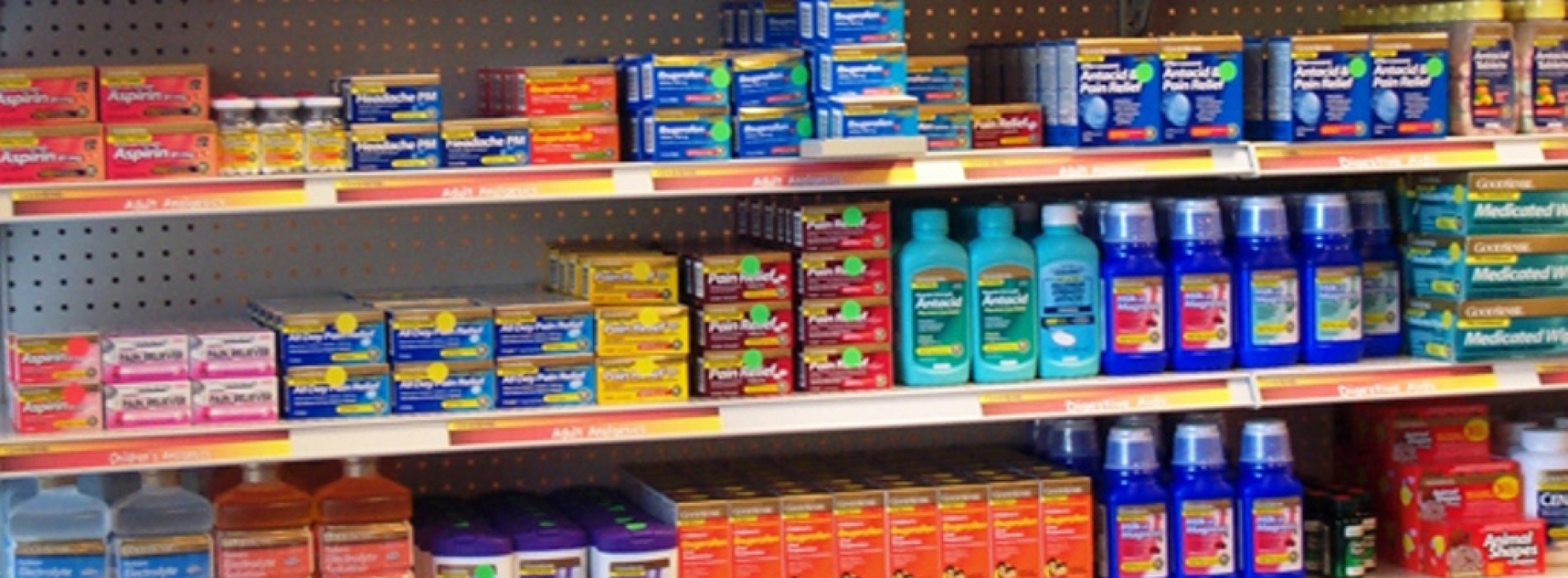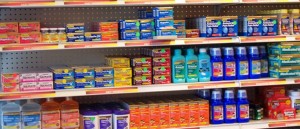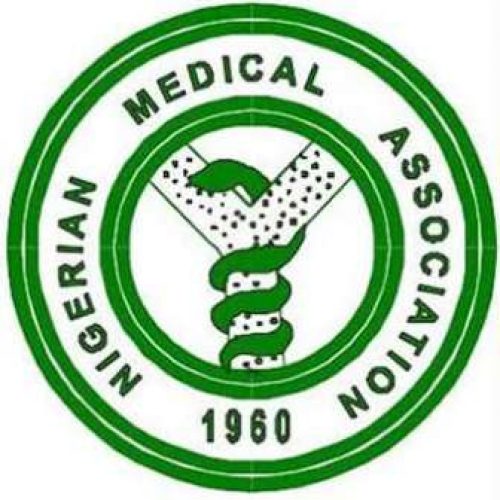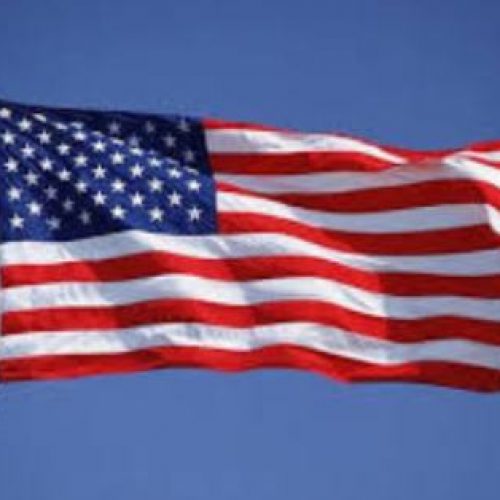High blood pressure? Beware of OTCs
– Fresh warning from American Heart Association … also warns against indiscriminate use of supplements, vitamins
The American Heart Association (AHA) has warned people with high blood pressure to always read the labels on all over-the-counter (OTC) medications to ensure such drugs do not contain ingredients that could worsen their heart conditions.
A new statement release by the association last week warned anyone with a blood pressure of 120/80 and above or anyone on blood pressure medication in particular, to always look warnings for people with high blood pressure in such labels.
“Better yet, if you have high blood pressure and certainly if you are on prescription medication, consult your healthcare professional before taking any over-the-counter medications or supplements.”
The association also warns against the indiscriminate use of supplements and vitamins now popular in Nigeria.
“Don’t fall for ‘magic pill’ claims,” the statement further warned, adding that There are no special pills, vitamins or drinks that can substitute for prescriptions and lifestyle modifications. “Talk to your healthcare provider before taking any OTC drug or supplement that claims to lower your blood pressure. They may not work as advertised, and they may interfere with other medications,”
AHA also warned against arbitrary use of
decongestants by hypertensive people saying such drugs may raise their blood pressure.
“People with high blood pressure should be aware that the use of decongestants may raise blood pressure or interfere with the effectiveness of some prescribed blood pressure medications. Many over-the-counter cold and flu preparations contain decongestants such as:
• Ephedrine
• Levmetamfetamine
• Naphazoline
• Oxymetazoline
• Phenylephrine
• Phenylpropanolamine
• Propylhexedrine
• Pseudoephedrine
• Synephrine
• Tetrahydrozoline
The association advised anyone with a blood pressure challenge to always check for sodium or salt content in their medications, especially the OTCs. This is because some OTCs are high in sodium, which can also raise blood pressure. “Look at the active and inactive ingredients lists for words like “sodium” or “soda.” Note the amount of sodium in the medication. People with high blood pressure should consume less than 1,500 mg of sodium per day from all sources; one dose of some OTCs can contain more than a whole day’s allowance” AHA further warned.
Experts say Nigerians must pay attention to cardiovascular health, especially in view of the nation’s dwindling economy which may affect people’s quality of life.







0 Comments
No Comments Yet!
You can be first to comment this post!